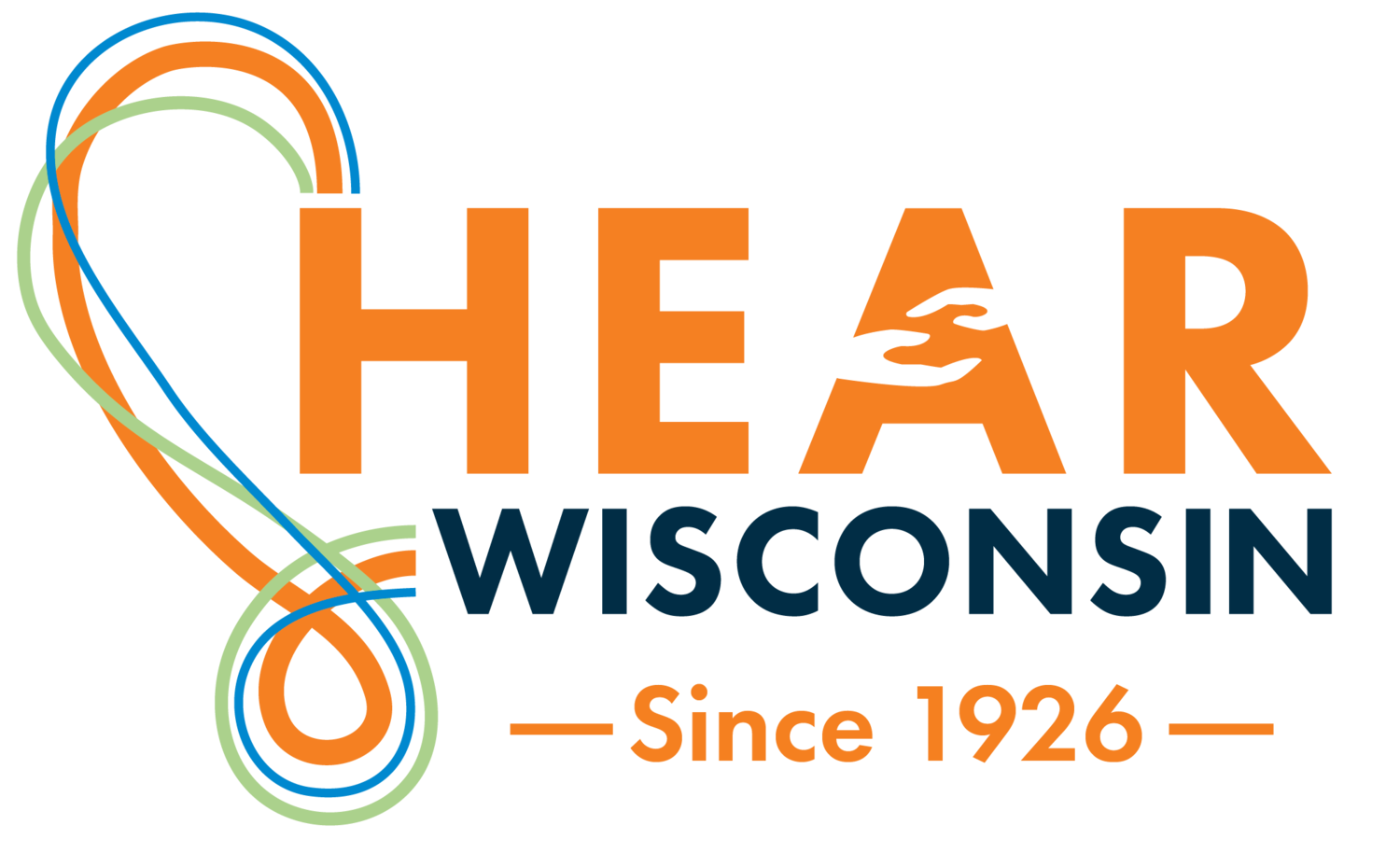Dr. Meredith Klinker
Audiologist
If you are having trouble communicating and think you may have a hearing loss, who should you see for help?
With all of the advertisements and conflicting information available, finding the right hearing healthcare services from the appropriate professional can be a challenge. At HEAR Wisconsin, we are sometimes asked what the difference is between an audiologist and a hearing instrument specialist. While both types of professionals often fit hearing aids, the training and scope of practice of audiologists and hearing instrument specialists is very different.
An audiologist is:
a licensed healthcare professional who usually has a doctorate degree (AuD) in audiology, or the science of hearing.
While some audiologists practice with master’s degrees, all audiologists are now required to complete a doctorate level of education in order to graduate and be newly licensed. Audiologists undergo extensive clinical training in various environments throughout their four-year post-graduate degree program and are also required to complete a one year full-time clinical externship before beginning their practice.
As a licensed healthcare provider with extensive training and education in matters related to hearing health and the auditory system, an audiologist can:
identify whether hearing problems require a medical referral or if they can be treated or managed through other means.
diagnose and manage balance disorders, as well as identify additional consequences of hearing loss, such as language development issues and psychological disorders.
Audiologists often work as part of a treatment team, which may include other professionals like speech-language pathologists, psychologists, physical and occupational therapists, and physicians. Audiologists work with everyone from infants to older adults, and the services provided are essential for individuals who may be more difficult to assess or treat for hearing loss, such as those with dementia, physical disabilities, or developmental disabilities.
A hearing instrument specialist is:
an individual who has been trained to perform hearing tests in order to fit people with hearing aids.
The only educational requirements are a high school diploma or GED and one year of work experience under the supervision of a hearing instrument specialist. Hearing instrument specialists must then obtain a passing grade on a licensure exam. Because their training, experience, and knowledge base is focused so narrowly on hearing aid fitting services, Wisconsin Administrative Code DHFS 107.24(3)(H) prohibits hearing instrument specialists from providing services to Medicaid recipients who are under the age of 21, who have behavioral challenges, cognitive disabilities, or have other special needs that require the expertise of an audiologist. A hearing instrument specialist does not have extensive training in hearing sciences and does not necessarily have the background that would allow them to treat individuals with more complex hearing issues or those whose hearing loss is medically-based. A hearing instrument specialist is also in the specific business of selling hearing aids to manage hearing loss, while an audiologist is trained to focus on your overall hearing health, however it can be treated or managed.
Before you invest hundreds, or even thousands of dollars into hearing aids, you should consider who you want to entrust with your hearing health, and whether you feel that an audiologist or hearing instrument specialist is better equipped to accurately measure your hearing loss and provided a wide variety of options and devices to help manage your care. If you are unsure of which option is right for you, our caring staff will be happy to answer any questions you might have.
Contact our audiology coordinator (414-604-7219 or info@hearwi.org) to schedule a hearing evaluation, obtain a free hearing screening, and/or determine the best course of treatment to meet your needs.


